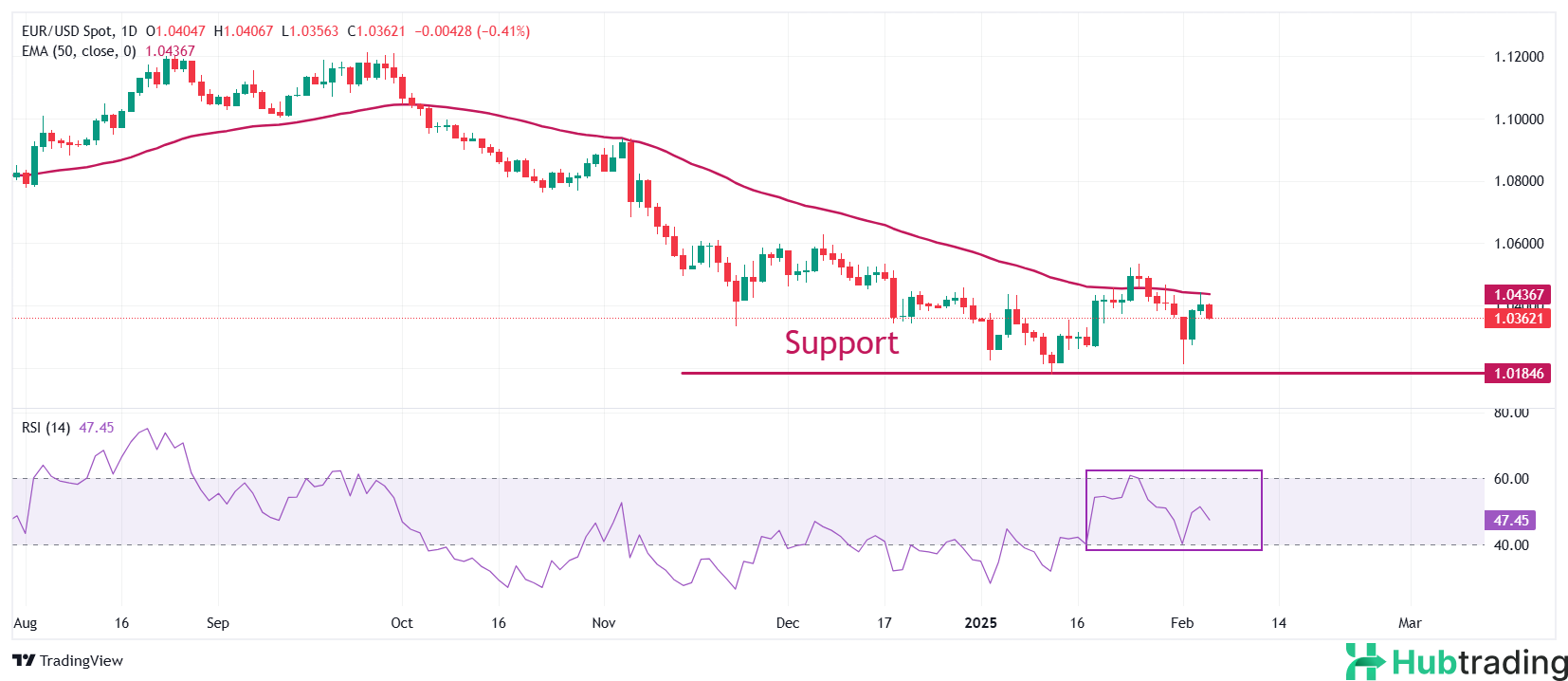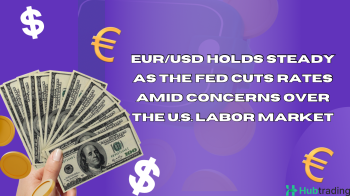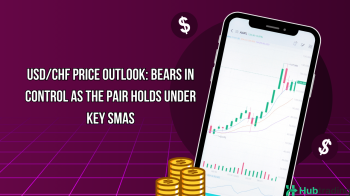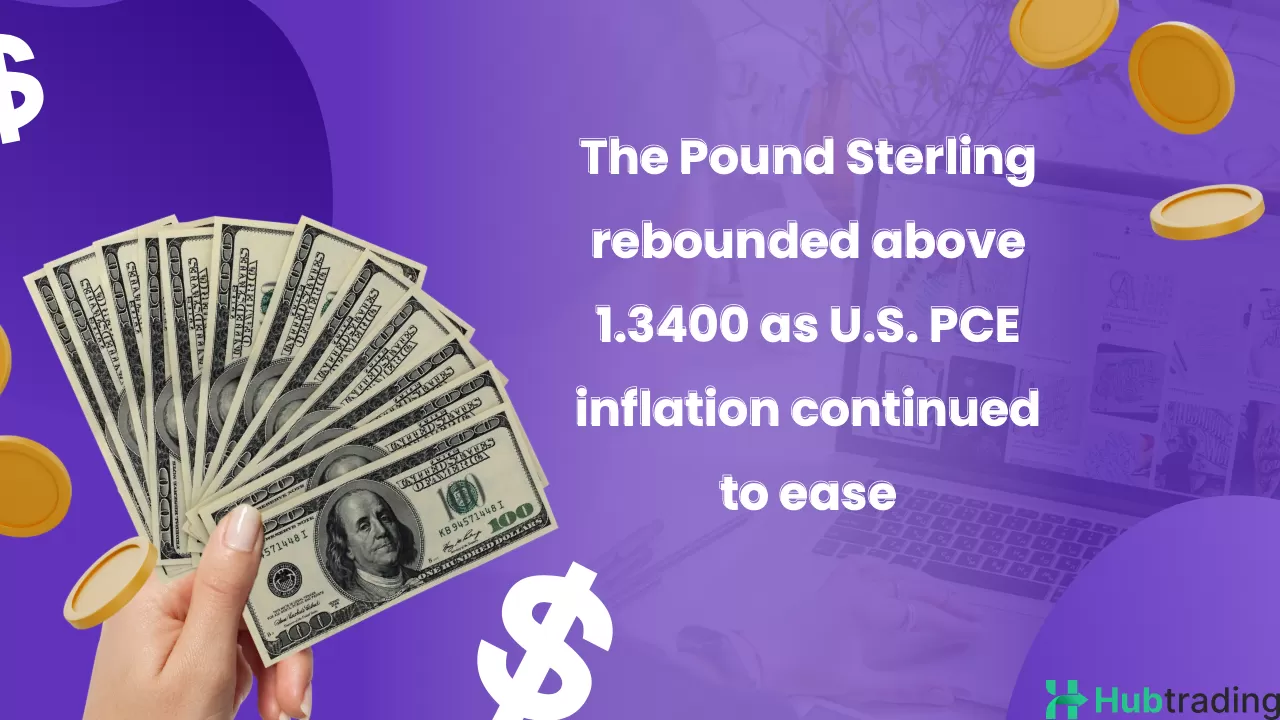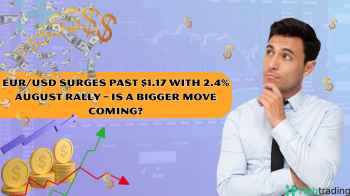- EUR/USD falls toward 1.0360 as the US Dollar strengthens, with investors adopting a cautious stance ahead of Friday's US NFP data for January.
- Chicago Fed President Goolsbee noted the challenge of predicting whether inflation will rise due to economic overheating or President Trump's tariffs.
- Meanwhile, ECB policymaker Centeno expects interest rates to drop below the neutral level.
EUR/USD corrected lower to around 1.0360 in Thursday's North American session as the US Dollar (USD) rebounded, following a three-day decline. The US Dollar Index (DXY), which measures the Greenback's value against six major currencies, recovered to nearly 108.00 after touching a weekly low of 107.30.
The USD's recovery is largely driven by investor caution ahead of Friday's US Nonfarm Payrolls (NFP) report for January. A strong ADP Employment Change report has set an optimistic tone for the official jobs data, as ADP reported on Wednesday that the private sector added 183K jobs in January, surpassing expectations of 150K and the previous reading of 176K.
Investors are closely monitoring Friday's employment data, which will shape expectations for how long the Federal Reserve (Fed) will maintain interest rates within the current 4.25%-4.50% range. Last week, Fed Chair Jerome Powell reiterated that the central bank would only adjust monetary policy after seeing "real progress in inflation or at least some weakness in the labor market." Meanwhile, Fed officials remain uncertain about the economic outlook as they assess the potential impact of President Donald Trump's trade policies. Chicago Fed President Austan Goolsbee warned on Wednesday that if inflation rises or progress stalls in 2025, the Fed may struggle to determine whether the cause is economic overheating or new tariffs.
Daily Market Movers: EUR/USD Declines as USD Bounces Back
- Euro Weakness Amid ECB Rate Cut Expectations: The EUR/USD downtrend is also fueled by expectations that the European Central Bank (ECB) will continue easing rates. Last week, the ECB cut its Deposit Facility rate by 25 basis points (bps) to 2.75%, with policymakers signaling further reductions this year.
- ECB Policymaker's Dovish Outlook: ECB official and Bank of Portugal Governor Mario Centeno stated in a Reuters interview that the ECB must continue lowering interest rates, aiming to reach a neutral rate "sooner rather than later." He also warned that rates may need to fall "below the neutral rate" as the Eurozone economy struggles to sustain 2% inflation.
- Potential Trade War Impact: When asked about the risks of a global trade war sparked by Trump's tariff policies, Centeno noted that a 10% US tariff on China could have a deflationary effect on the Eurozone. However, he warned that potential US tariffs on European goods could be "quite impactful," though their full impact may not be clear until after March.
- Trump's Trade Stance on Europe: Market participants anticipate that after dealing with China, Trump will shift his focus to the Eurozone. Over the weekend, he stated that tariffs on the European Union are inevitable, claiming that Europe has "taken advantage of us."
- Weak Eurozone Economic Data: Retail Sales data for December came in weaker than expected, with a 0.2% month-on-month decline, exceeding forecasts of a 0.1% drop. In November, retail sales remained flat.
Technical Analysis: EUR/USD Slips Toward 1.0360, Maintaining Bearish Bias
EUR/USD declines to near 1.0360 during European trading on Thursday after failing to hold above the key 1.0400 level on Wednesday. The pair remains under pressure near the 50-day Exponential Moving Average (EMA) at 1.0437, reinforcing a bearish outlook.
The 14-day Relative Strength Index (RSI) fluctuates between 40.00 and 60.00, signaling a lack of clear momentum and a sideways trend.
On the downside, key support levels include the January 13 low at 1.0177 and the psychological barrier at 1.0100. Meanwhile, resistance is seen at 1.0500, which remains a critical hurdle for Euro bulls.
